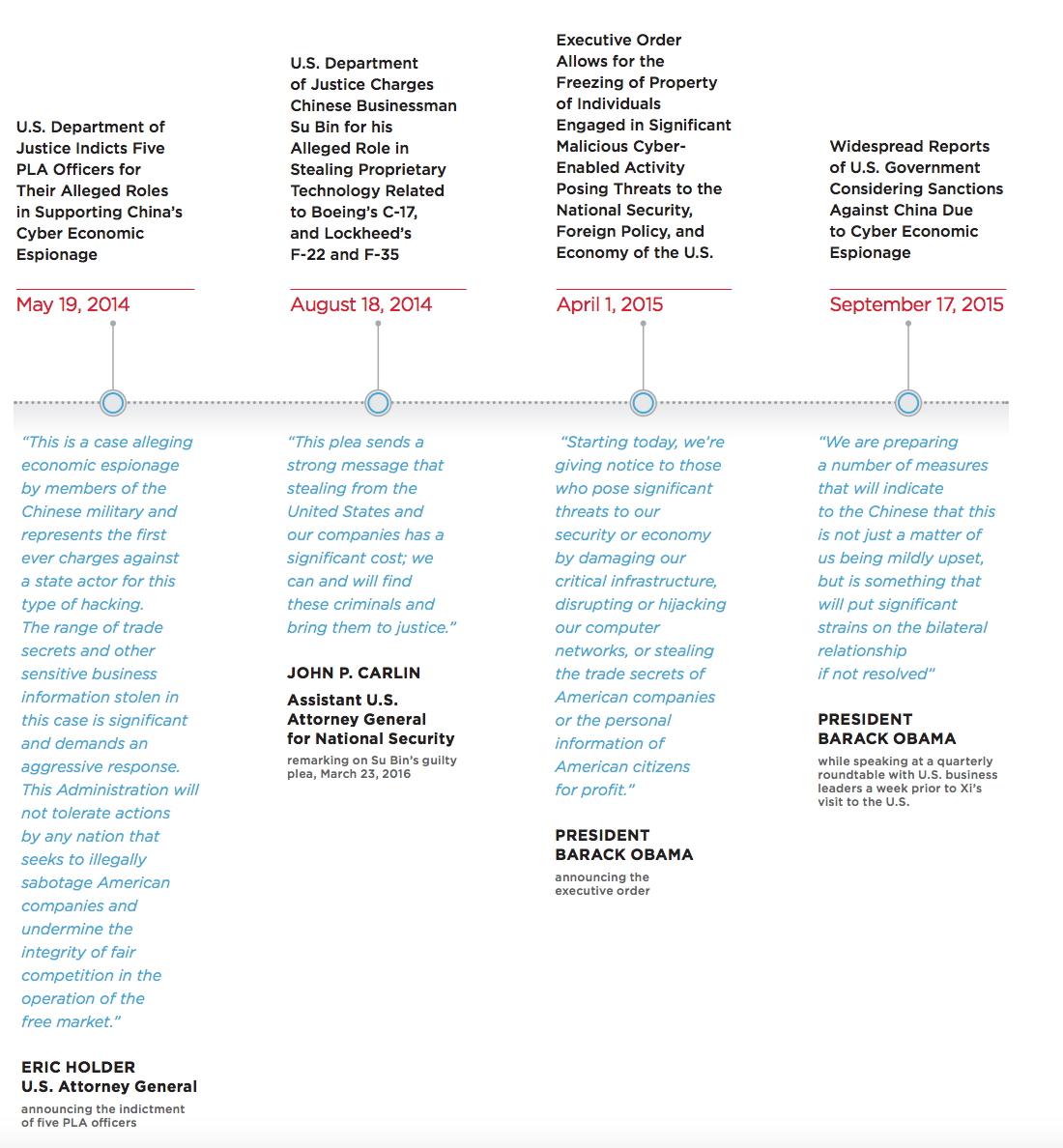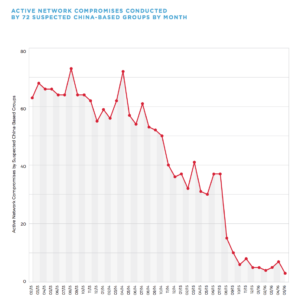10 Years of emptywheel: Key Non-Surveillance Posts 2013-2015
Happy Birthday to me! To us! To the emptywheel community!
On December 3, 2007, emptywheel first posted as a distinct website. That makes us, me, we, ten today.
To celebrate, over the next few days, the emptywheel team will be sharing some of our favorite work from the last decade. I’ll be doing 4 posts featuring some of my most important or — in my opinion — resilient non-surveillance posts, plus a separate post bringing together some of my most important surveillance work. I think everyone else is teeing up their favorites, too.
Putting together these posts has been a remarkable experience to see where we’ve been and the breadth of what we’ve covered, on top of mainstays like surveillance. I’m really proud of the work I’ve done, and proud of the community we’ve maintained over the years.
For years, we’ve done this content ad free, relying on donations and me doing freelance work for others to fund the stuff you read here. I would make far more if I worked for some free-standing outlet, but I wouldn’t be able to do the weedy, iterative work that I do here, which would amount to not being able to do my best work.
If you’ve found this work valuable — if you’d like to ensure it remains available for the next ten years — please consider supporting the site.
2013
What a Targeted Killing in the US Would Look Like
Amid now-abandoned discussions about using the FISA court to review targeted killing, I pointed out that a targeted killing in the US would look just like the October 28, 2009 killing of Imam Luqman Abdullah.
Article II or AUMF? “A High Level Official” (AKA John Brennan) Says CIA Can Murder You
When the second memo (as opposed to the first 7-page version) used to authorize the killing of Anwar al-Awlaki, it became clear that OLC never really decided whether the killing was done under Article II or the AUMF. That’s important because if it’s the latter, it suggests the President can order anyone killed.
John Brennan Sworn in as CIA Director Using Constitution Lacking Bill of Rights
I know in the Trump era we’re supposed to forget that John Brennan sponsored a whole lot of drone killing and surveillance. But I spent a good deal of the Obama Administration pointing that out. Including by pointing out that the Constitution he swore to protect and defend didn’t have the First, Fourth, Fifth, and Sixth amendment in it.
2014
The Day After Government Catalogs Data NSA Collected on Tsarnaevs, DOJ Refuses to Give Dzhokhar Notice
I actually think it’s unreasonable to expect the government’s dragnets to prevent all attacks. But over and over (including with 9/11), NSA gets a pass when we do reviews of why an attack was missed. This post lays out how that happened in the Boston Marathon case. A follow-up continued that analysis.
A Guide to John Rizzo’s Lies, For Lazy Journalists
Former CIA General Counsel John Rizzo lies, a lot. But that doesn’t seem to lead journalists to treat his claims skeptically, nor did it prevent them from taking his memoir as a statement of fact. In this post I summarized all the lies he told in the first 10 pages of it.
Obama to Release OLC Memo after Only 24 Congressional Requests from 31 Members of Congress
Over the year and a half when one after another member of Congress asked for the OLC memos that authorized the drone execution of Anwar al-Awlaki, I tracked all those requests. This was the last post, summarizing all of them.
The West’s Ideological Vacuum
With the rise of Trump and the success of Russia intervening in US and European politics, I’ve been talking about how the failures of US neoliberal ideology created a vacuum to allow those things to happen. But I’ve been talking about the failures of our ideology for longer than that, here in a post on ISIS.
KSM Had the CIA Believing in Black Muslim Convert Jihadist Arsonists in Montana for 3 Months
There weren’t a huge number of huge surprises in the SSCI Torture Report for me (indeed, its scope left out some details about the involvement of the White House I had previously covered). But it did include a lot of details that really illustrate the stupidity of the torture program. None was more pathetic than the revelation that KSM had the CIA convinced that he was recruiting black Muslim converts to use arson in Montana.
2015
The Jeffrey Sterling Trial: Merlin Meets Curveball
A big part of the Jeffrey Sterling trial was CIA theater, with far more rigorous protection for 10 year old sources and methods than given to 4 year old Presidential Daily Briefs in the Scooter Libby trial. Both sides seemed aware that the theater was part of an attempt, in part, to help the CIA gets its reputation back after the Iraq War debacle. Except that the actual evidence presented at trial showed CIA was up to the same old tricks. That didn’t help Sterling at all. But neither did it help CIA as much as government prosecutors claimed.
The Real Story Behind 2014 Indictment of Chinese Hackers: Ben Rhodes Moves the IP Theft Goal Posts
I’ve written a lot about the first indictment of nation-state hackers — People’s Liberation Army hackers who compromised some mostly Pittsburgh located entities, including the US Steel Workers. Contrary to virtually all the reporting on the indictment, the indictment pertained to things we nation-state hack for too: predominantly, spying on negotiations. The sole exception involves the theft of some nuclear technology from Westinghouse that might have otherwise been dealt to China as part of a technology transfer arrangement.
Obama’s Terrorism Cancer Speech, Carter’s Malaise Speech
In response to a horrible Obama speech capitulating to Republican demands he treat the San Bernardino attack specially, as Islamic terrorism, I compared the speech to Jimmy Carter’s malaise speech. Along the way, I noted that Carter signed the finding to train the mujahadeen at almost the exactly moment he gave the malaise speech. The trajectory of America has never been the same since.
Other Key Posts Threads
10 Years of emptywheel: Key Non-Surveillance Posts 2008-2010
10 Years of emptywheel: Key Non-Surveillance Posts 2011-2012



